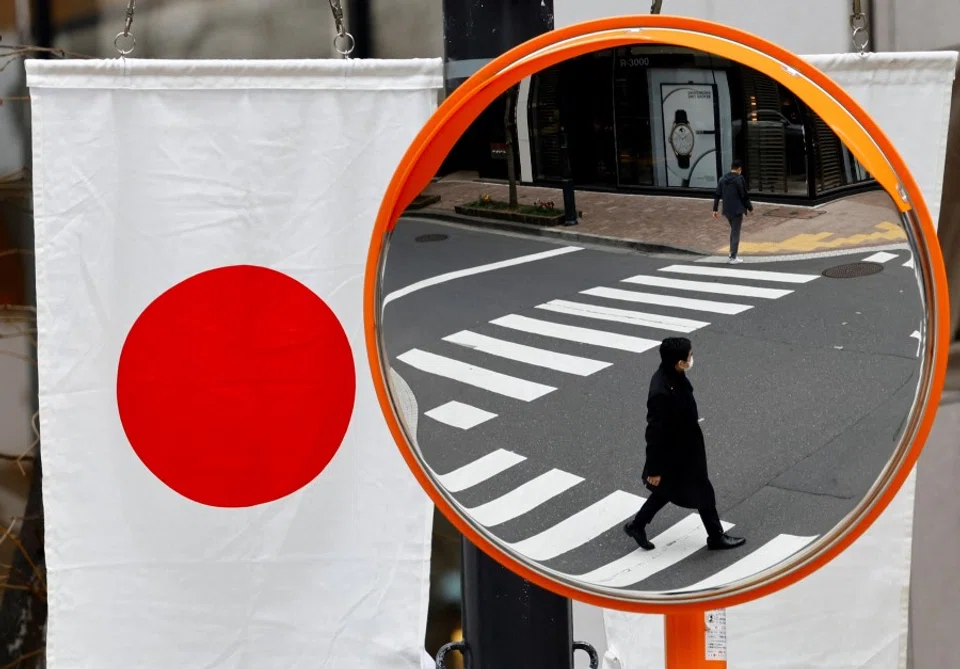Japan's perception of China continues to deteriorate
Japanese academic Shin Kawashima notes that public opinion in Japan towards China is getting worse, with "unfriendly" sentiments at a record high. However, the younger generation views China more positively, and tends to see China-Japan relations as "important". What impact will these sentiments have on Japan's foreign policy towards China?

The results of the Cabinet Office's annual public opinion survey conducted from September to October 2023 were released in January 2024. According to the report, the number of people who felt "friendly" towards China has significantly decreased from 17.8% to 12.7% in 2022, while those who felt "unfriendly" has increased from 81.8% to 86.7%. These figures are respectively the lowest and highest ever since the study began in 1978.
Friendly or unfriendly?
Looking at the different age groups, those in their 50s are most likely to feel unfriendly (90.3%), followed by those in their 60s (89.8%), and those in their 70s and older (87.4%). In addition, the younger the generation, the more positive their feelings towards China, with 20.4% of 18- to 29-year-olds saying they feel friendly. In other words, the younger the generation, the better their perception of China.
However, compared to last year's survey in which 43% of 18- to 29-year-olds answered that they felt friendly towards China, this time the figure was halved, from 43% to 20.4%. A similar trend can also be seen in Japan's perception of South Korea.
In terms of how people view Japan-China relations, the number of respondents who said they were "good" fell by half from 11% last year to 5.6%, and the number who said they were "not good" rose from 84.4% to 90.1%. It can be seen that the view of Japan-China relations has become harsher than before.
... the activities of the Chinese military near Japan have become more active, and China is exerting pressure in various ways.

So why has Japan's perception of China deteriorated so much? First, the activities of the Chinese military near Japan have become more active, and China is exerting pressure in various ways. Second, in August 2023, there were extensive reports about China's protest against the release of "treated water" from Fukushima and the suspension of seafood imports from Japan. Considering that the survey was conducted in September and October, the influence of these reports cannot be denied. Third, the Japan-China summit did not take place until November 2023, and there was probably no opportunity to symbolically improve relations.
Looking at different ages, the younger the respondent, the more likely to say that bilateral relations are important...
China-Japan relations 'important'
In fact, only 68.2% of respondents said Japan-China relations are "important" for the two countries and for Asia and the Pacific - a decline of five percentage points from 73.5% in 2022, and down by over ten percentage points from 78.7% in 2021. However, this is still far more than the 27.8% who said they are "not important", even if this is up from 22.1% in 2022.
Thus, the majority of respondents still recognise the importance of Japan-China relations. Looking at different ages, the younger the respondent, the more likely to say that bilateral relations are important, with 79.6% of respondents aged 18-29 saying they are important.

As can be seen from the above, Japan's sentiments toward China are characterised by unfriendliness, while at the same time feeling that Japan-China relations are important. This is a trend that has not changed in recent years. Another recent feature is that the younger the generation, the more positive its perception of China. However, while unfriendliness is increasing markedly, relations are being seen as less important.
A government like the Kishida administration, which fears being criticised by domestic conservatives for being "pro-China", is likely to be even more cautious about improving relations with China.
Such public opinion will have an impact on the Japanese government. Japanese administrations tend to implement policies toward China based on public opinion that they feel unfriendly but that relations are important, meaning to take a hard line on issues such as military security and territorial disputes, while maintaining a stance of dialogue and attempting to improve relations.
However, as the "important" component of bilateral relations diminishes, the incentive for the Japanese government to maintain a positive China policy will diminish. A government like the Kishida administration, which fears being criticised by domestic conservatives for being "pro-China", is likely to be even more cautious about improving relations with China. How does China see the Japanese opinion poll results? In the future, both sides need to continue dialogue and discussion.



![[Photos] Fact versus fiction: The portrayal of WWII anti-Japanese martyrs in Taiwan](https://cassette.sphdigital.com.sg/image/thinkchina/3494f8bd481870f7c65b881fd21a3fd733f573f23232376e39c532a2c7593cbc)

